- Film And TV
- 18 Jul 24
Andrew McCarthy on the 'Brat Pack' generation: "We were in a moment in pop culture where a seismic shift had just happened and young people had taken over movies"

'Brat Pack' alum Andrew McCarthy speaks to Paul Nolan about his latest film endeavor as director of Brats, an exploration of the ragtag group of young actors that swept the film industry.
Celebrated for his roles in cult movies like Pretty In Pink and Less Than Zero, Andrew McCarthy has also successfully turned his hand to writing, including a well-received memoir, Long Way Home. Adding another string to his bow, the 61-year-old has now directed the new Disney+ documentary Brats, in which he explores the ‘Brat Pack’ generation of actors, who starred in enduring ’80s classics such as St. Elmo’s Fire and The Breakfast Club.
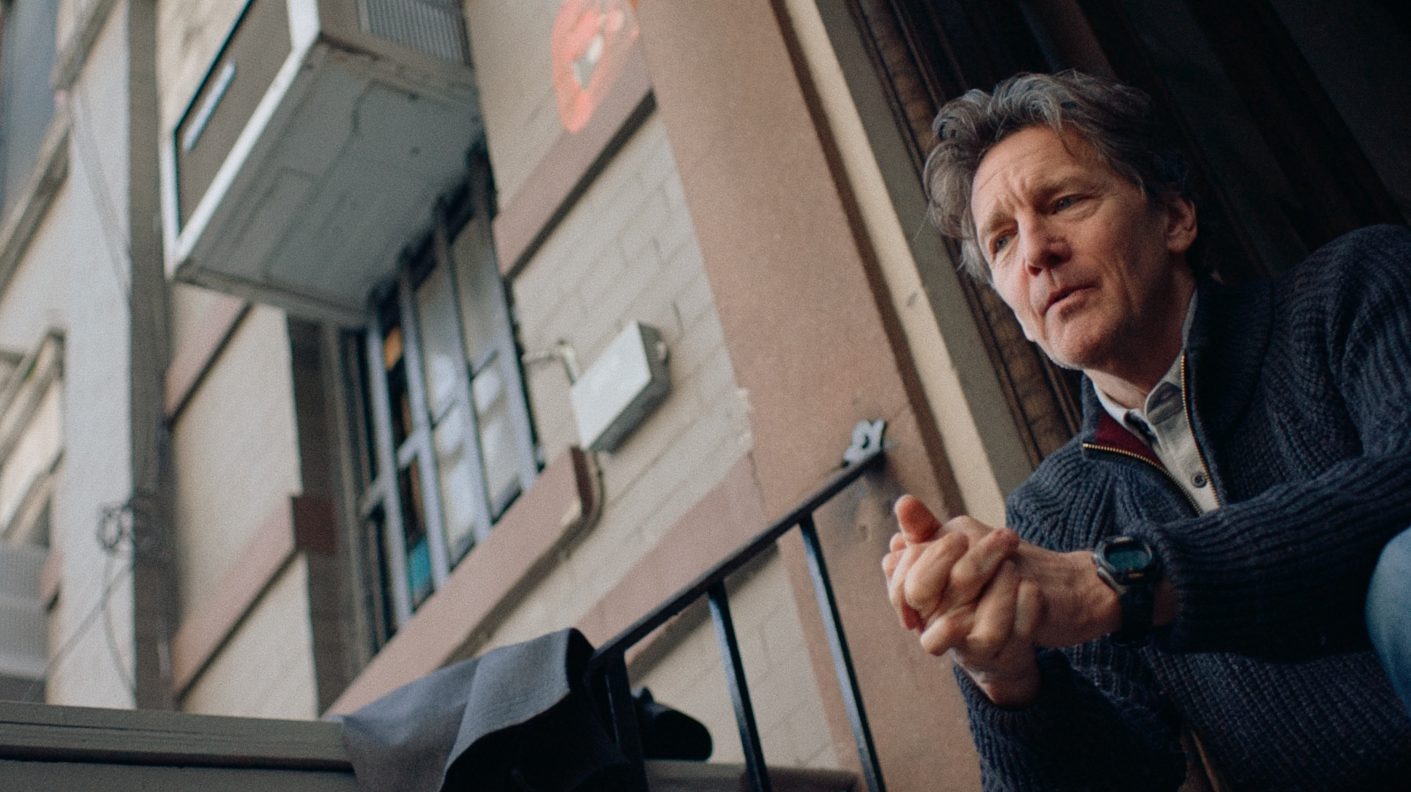 Andrew McCarthy, Copyright Disney+ / ABC
Andrew McCarthy, Copyright Disney+ / ABCThe ‘Brat Pack’ tag was coined by journalist David Blum in an infamous New York magazine cover story, with McCarthy among those identified as belonging to the new generation of actors, alongside Emilio Estevez, Anthony Michael Hall, Rob Lowe, Demi Moore, Judd Nelson, Molly Ringwald and Ally Sheedy. As he meets his old friends in the documentary, McCarthy sifts through the impact of the ‘Brat Pack’ moment – the phrase was often used to dismiss the actors as lightweight teen movie stars – and how it subsequently influenced everyone’s lives.
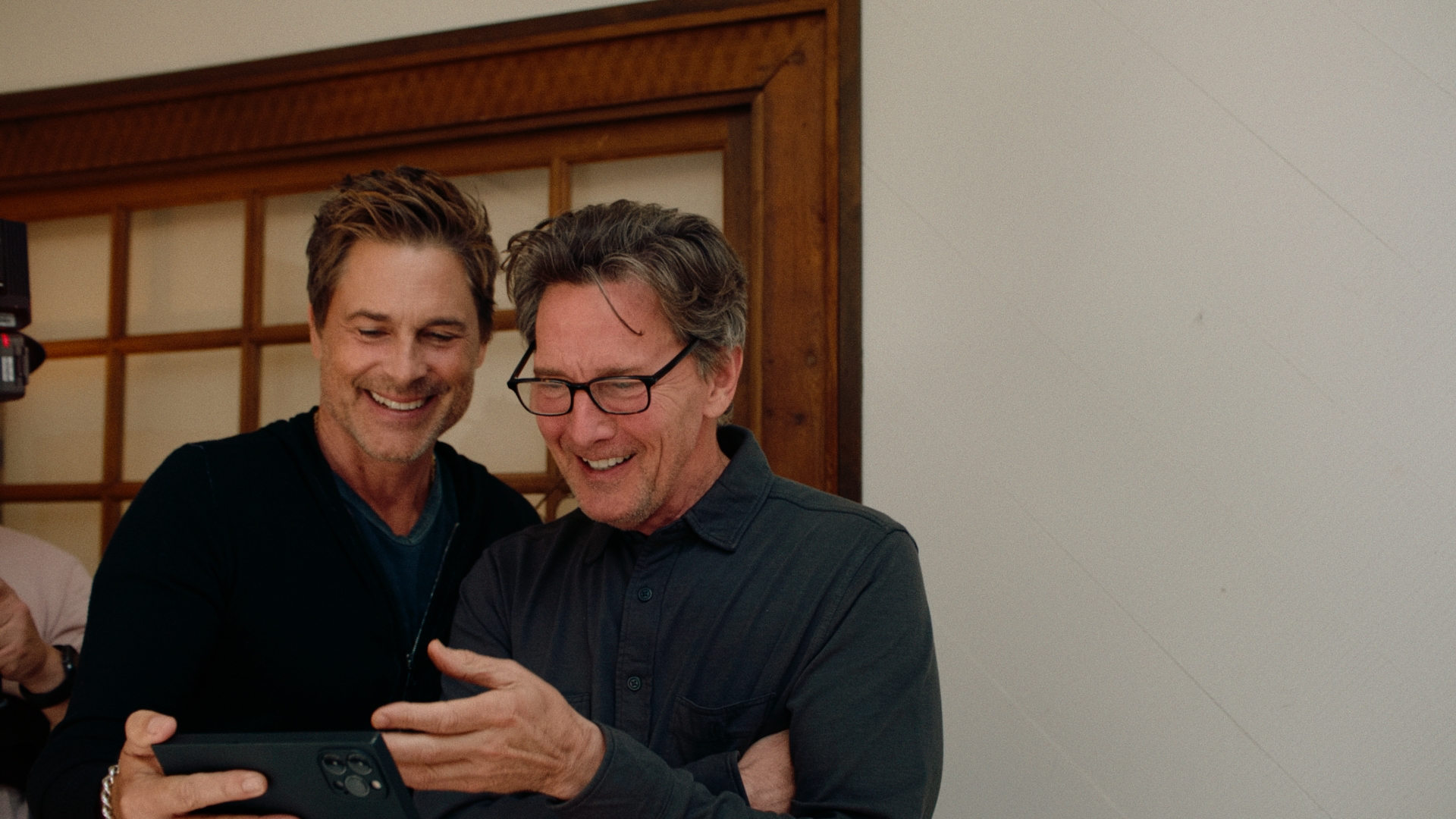 Rob Lowe and Andrwew McCarthy. Copyright Disney+ / ABC
Rob Lowe and Andrwew McCarthy. Copyright Disney+ / ABCOne of the most interesting moments in the documentary comes when Estevez reflects how the ‘Brat Pack’ moniker may have prevented he and his peers featuring in serious movies by the likes of Steven Spielberg and Martin Scorsese. Was that how McCarthy experienced the period?
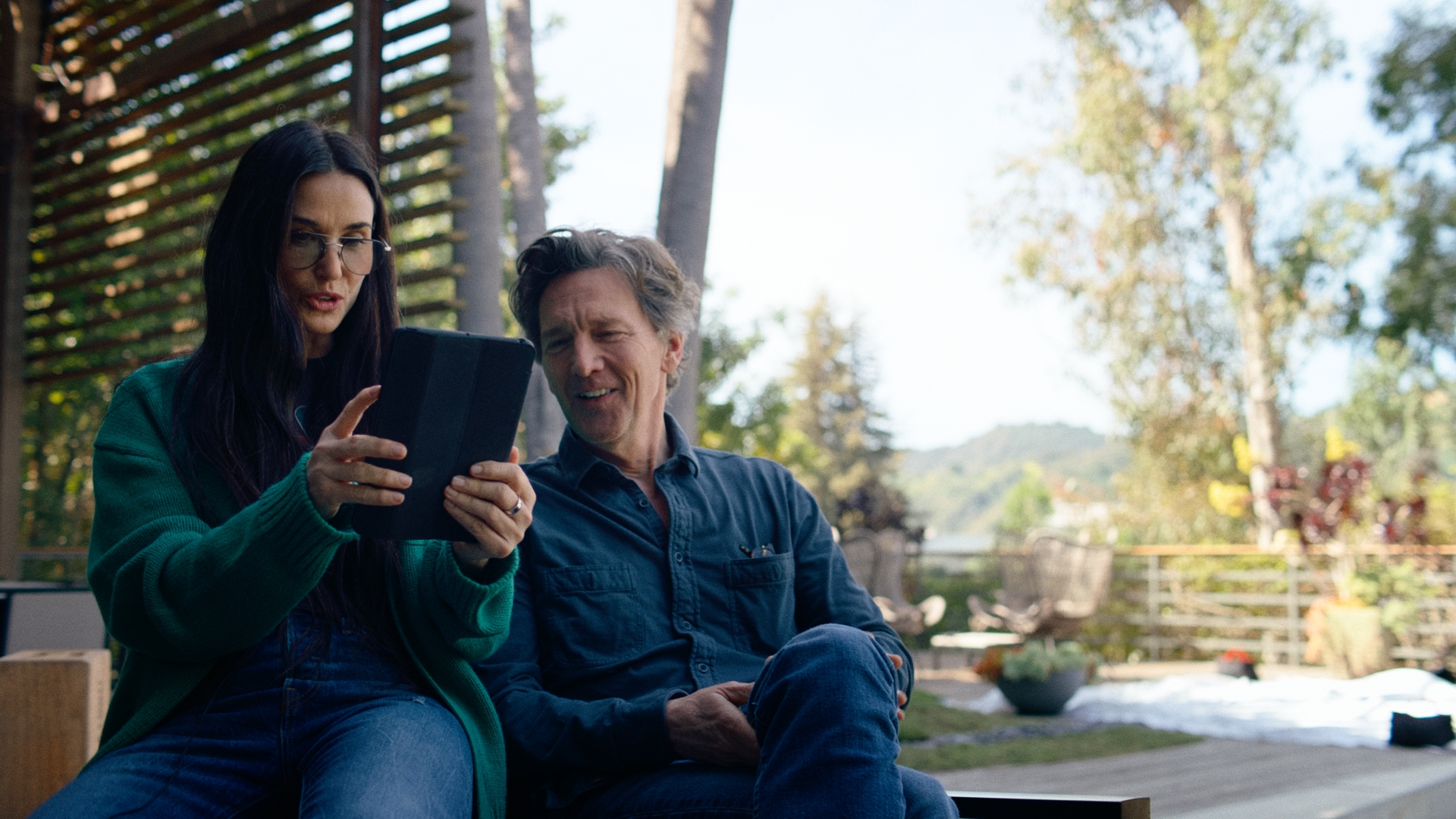 Demi Moore and Andrew McCarthy in Brats. Copyright Disney+ / ABC
Demi Moore and Andrew McCarthy in Brats. Copyright Disney+ / ABC“Well, you always want to work with the best people,” he replies, speaking from New York. “I suppose you have to back up and look at the bigger picture. When the article came out, it was perceived in a very pejorative, negative way. We were in a moment in pop culture where a seismic shift had just happened and young people had taken over movies. Before that, movies were not about young people. Then Hollywood decides, ‘Wait, kids go to movies six or seven times, grown-ups go once. Let’s make movies for kids.
“Almost overnight, movies are being made for kids and this is a very unified youth culture. One week they’re going to The Karate Kid, next week they’re got to Teen Wolf and so on. So the old guard in Hollywood looks at that goes, ‘What the hell is this? Who are these punks?’ But Hollywood is following the money, as it does. So then David Blum comes along and comes up with this really clever, witty phrase as a handle on this satchel of young kids.
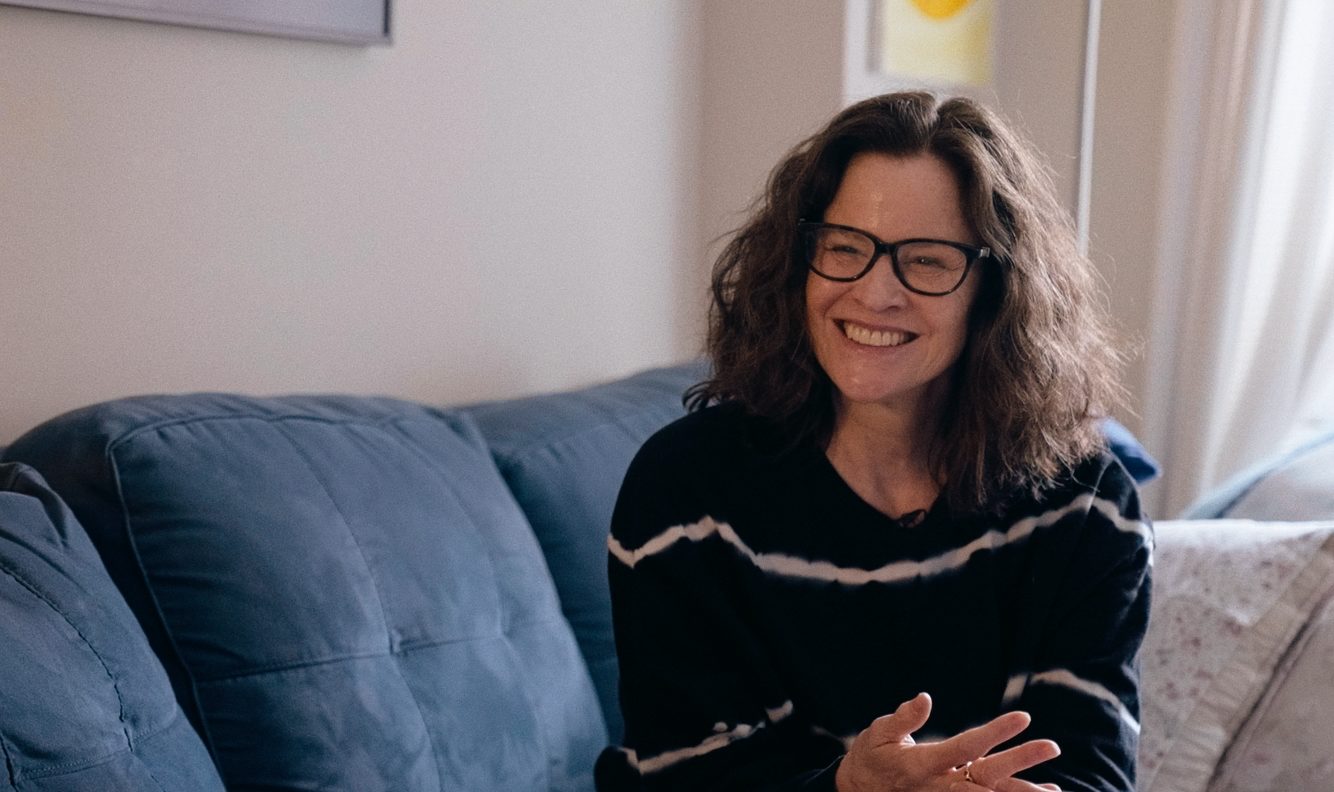 Ally Sheedy in Brats. Copyright Disney+ / ABC
Ally Sheedy in Brats. Copyright Disney+ / ABC“Then get old guard picks it up and goes, ‘See – they’re brats! Let’s bring them back down a peg.’ There was a confluence of events that makes it happen. Initially, it was perceived as a very negative kind of thing and obviously that’s not helpful. Did it actually alter the trajectory of our careers or make people of a certain ilk not want to work with us? I couldn’t ever really speak to that.
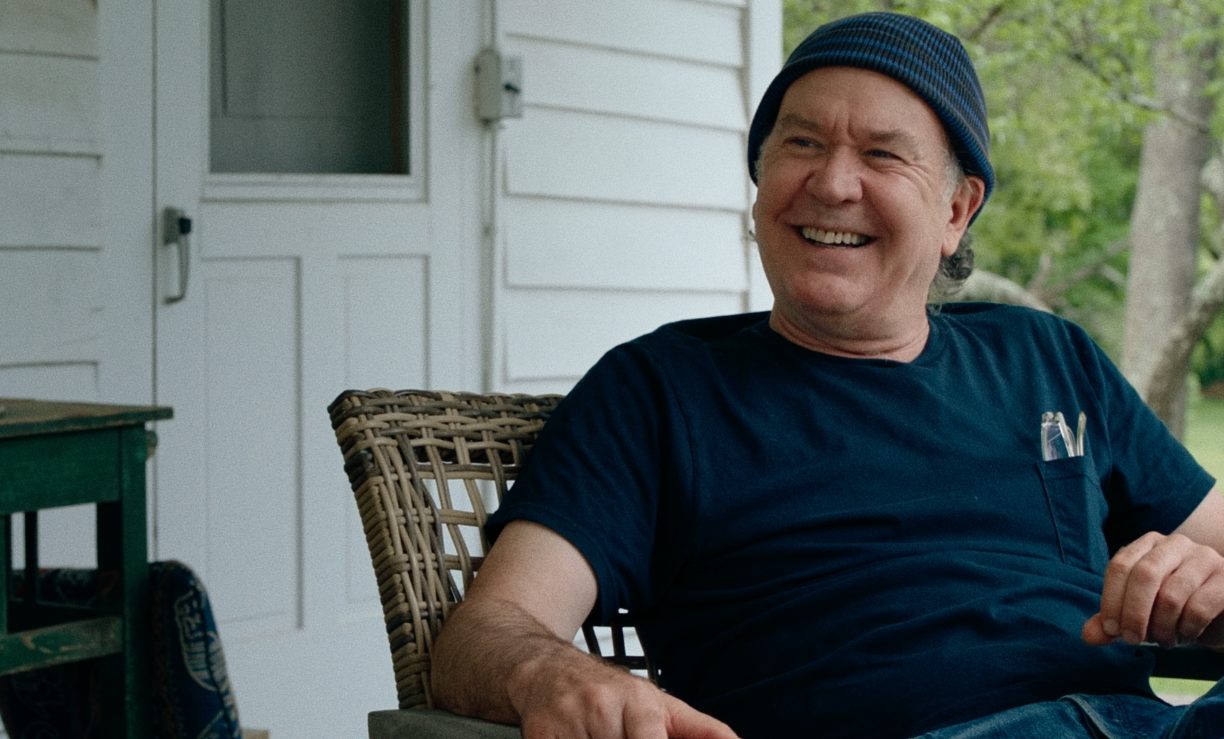 Timothy Hutton in Brats 2024. Copyright Disney+ / ABC
Timothy Hutton in Brats 2024. Copyright Disney+ / ABC“Who knows? My short answer is I have no idea. But at the time, there certainly was a palpable reaction to it, which was negative. The public, of course, instantly recognised, ‘Oh my god, we love these guys, they are awesome’,” he continues. “I didn’t see that as clearly.”
The poet laureate of ’80s teen movies was undoubtedly the late great John Hughes, the writer-director who created both The Breakfast Club and Pretty In Pink, as well as other classics like the Home Alone movies and a brace of National Lampoon installments, as well his true masterpiece, Ferris Bueller’s Day Off. Does McCarthy feel Hughes made the greatest movies of that era?
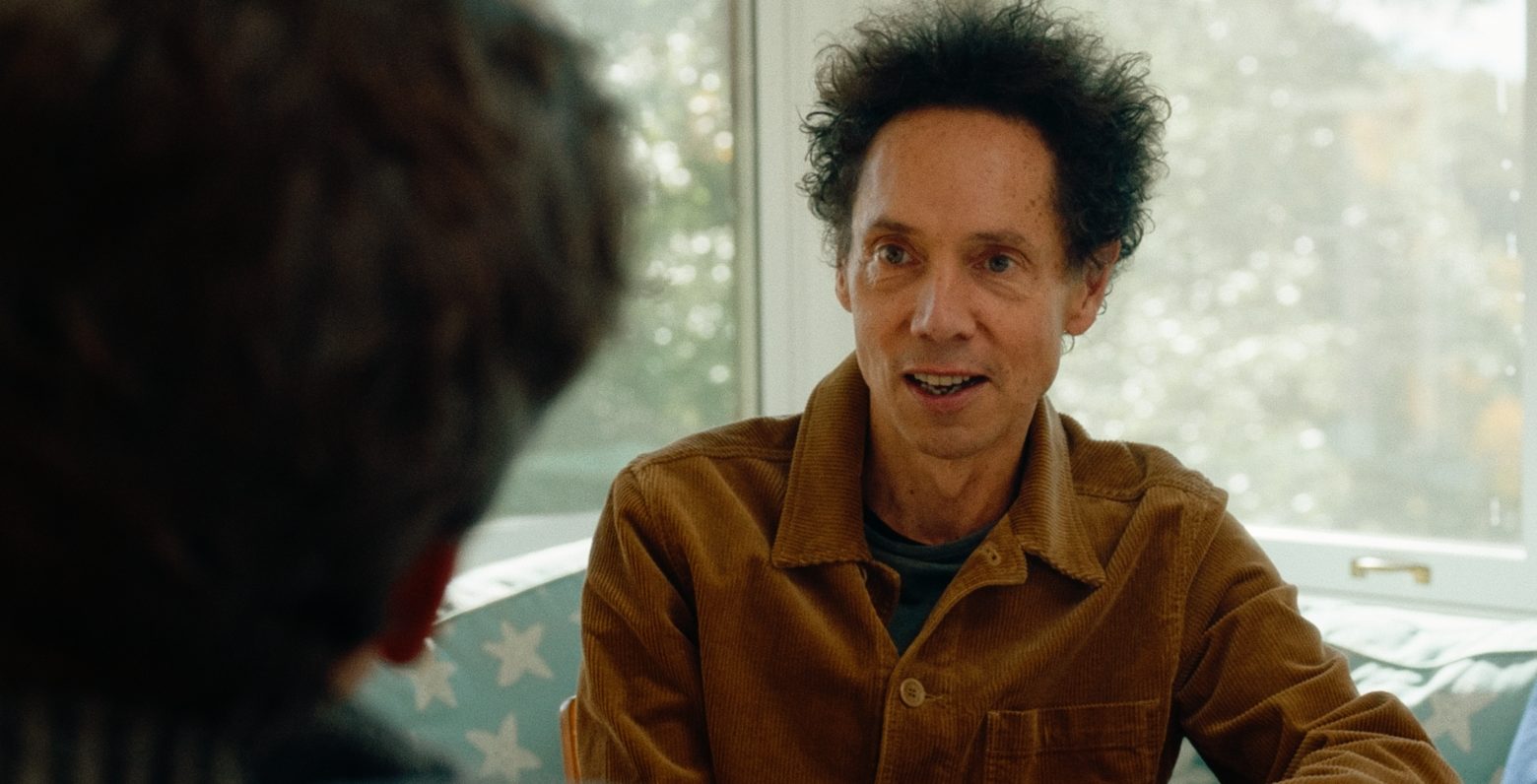 Malcom Gladwell in Brats. Copyright Disney+ / ABC
Malcom Gladwell in Brats. Copyright Disney+ / ABC“Well, he certainly was the one to turn the spotlight on young people in a way that took them seriously,” he reflects. “He honoured them and their emotional journeys in a way that no one else had. Then those movies started to make money, and other people tried to do it too. But he seemed to be the best and most adept at doing that, because he really did value young people, and their opinions and emotional life. That’s why those movies played then and continue to play now.
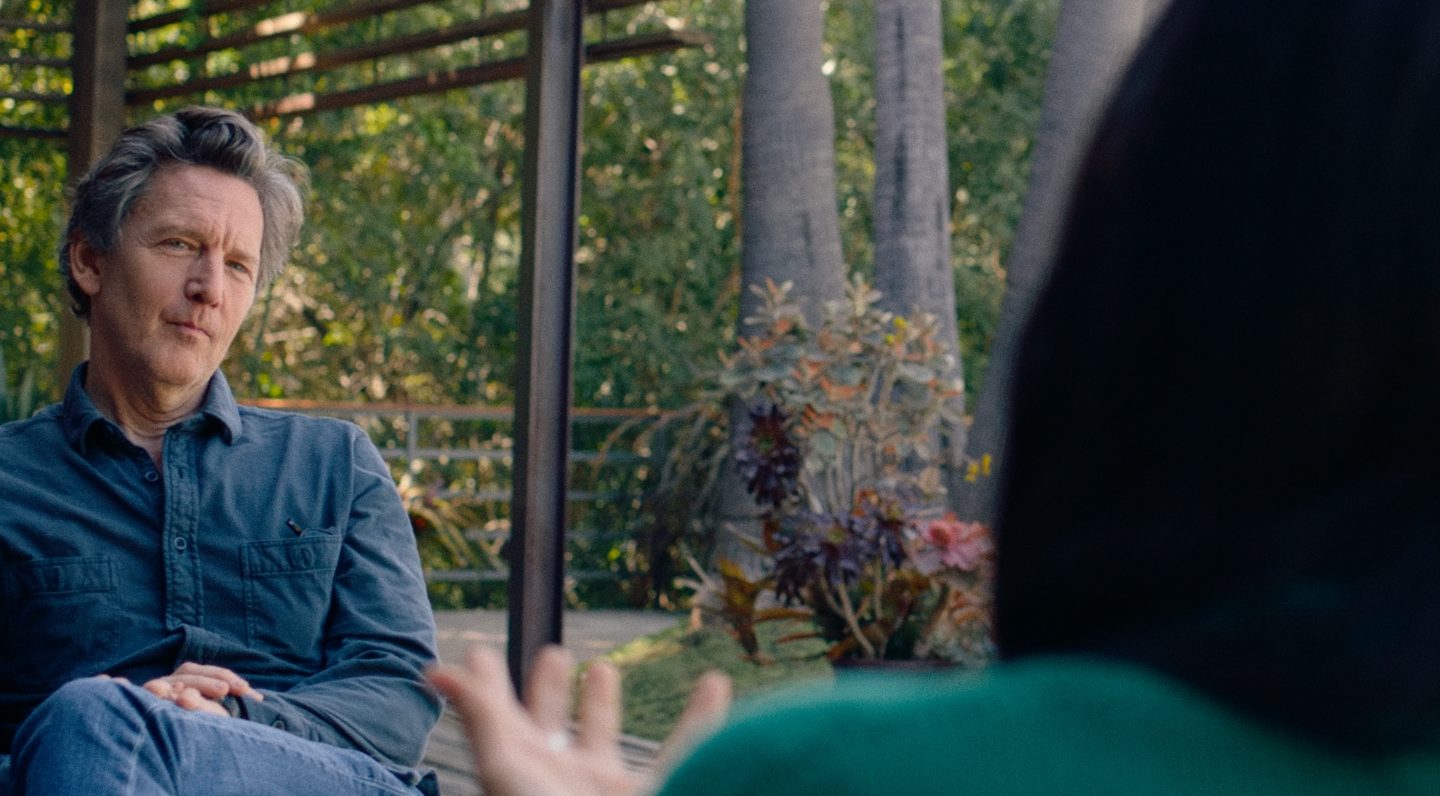 Andrew McCarthy and Demi Moore in BRATS. Copyright Disney+ / ABC
Andrew McCarthy and Demi Moore in BRATS. Copyright Disney+ / ABC“The generation who watched it in the ’80s have now introduced their kids to it, who start by going, ‘Oh, this is some boring old ’80s movie!’ They’re laughing at it, and then they start properly watching it, and eventually they go, ‘That’s me.’ In those movies, the hairdos are funny and the editing’s too slow for today’s world, but there’s great old geezer music and the emotions are true. That’s what John Hughes did and that was his big contribution.
“What I always find interesting about him was that he made those movies in a very short window of time. They were open-hearted, vulnerable teen movies. He came from National Lampoon and that kind of crass humour, and then he had the sensitive phase, you could call it, for lack of a better word. Then he retreated behind comedy again. I always thought it was interesting that it was very short window where he was willing to be that open.”
McCarthy considers Hughes’ unique output further.
“I think he was just tapping into his own adolescent experience, and his own angst and fears,” he suggests. “John was a very smart, facile guy. I never knew him very well, but my experience of him was that he listened, and he was very agile – socially, culturally and mentally! You know, he didn’t want to cast me in Pretty In Pink; Molly cast me in that movie. But once John said, ‘Really?’, she said, ‘Yeah!’ Then he said okay and got onboard with the idea.
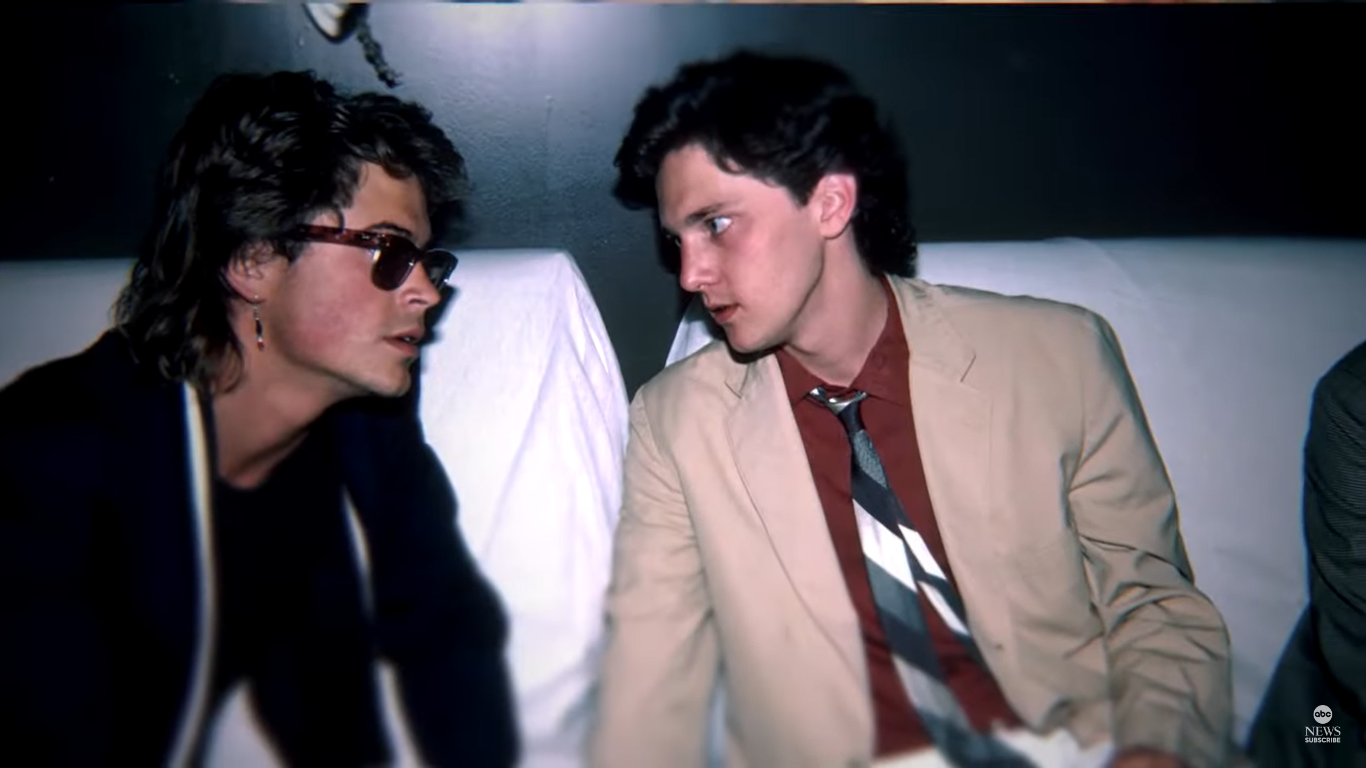 Photo: BRATS trailer / Rob Lowe and Andrew McCarthy
Photo: BRATS trailer / Rob Lowe and Andrew McCarthy“He never looked back or doubted, and was 100 percent behind me once he went with it. So my experience of John was just that he was a very clever guy.”
What does McCarthy feel are the best movies of the era, and what does he consider their legacy to be?
“Well, certainly, a lot of them would never be made today,” he replies. “I suppose people generally agree the best and most iconic one is The Breakfast Club. That was probably the truest and the one people could identify with in the most realistic way, in terms of those archetypal characters. Everyone’s one of those people. So I suppose that movie is the pinnacle of the Brat Pack.”
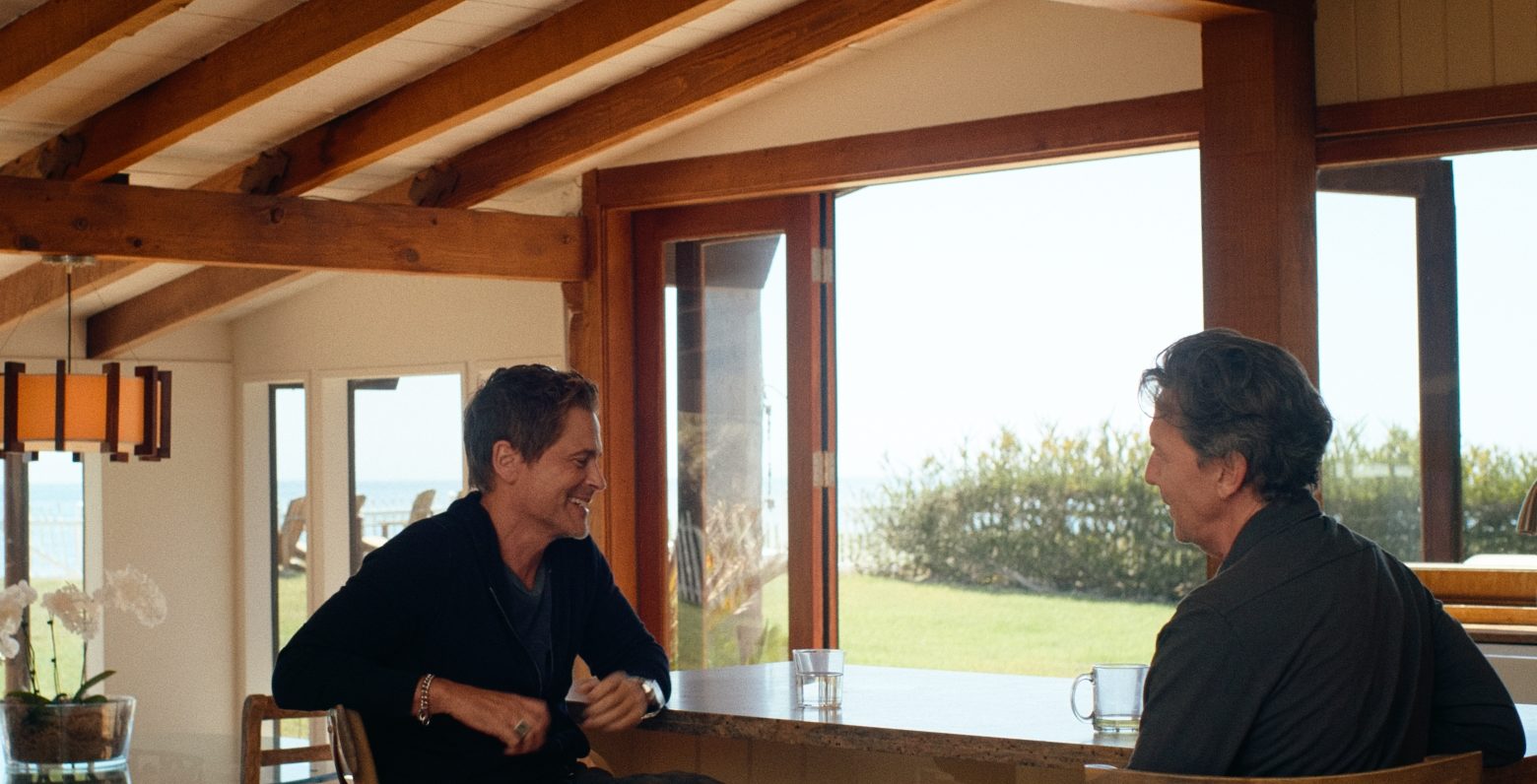 Rob Lowe and Andrew McCarthy in BRATS. Copyright Disney+ / ABC
Rob Lowe and Andrew McCarthy in BRATS. Copyright Disney+ / ABCFunnily enough, I could never fully get onboard with The Breakfast Club because of first its dodgy dance sequence, and also the equally ropy Simple Minds tune over the end credits.
“But that song is the quintessential song of that era!” protests McCarthy, howling with laughter.
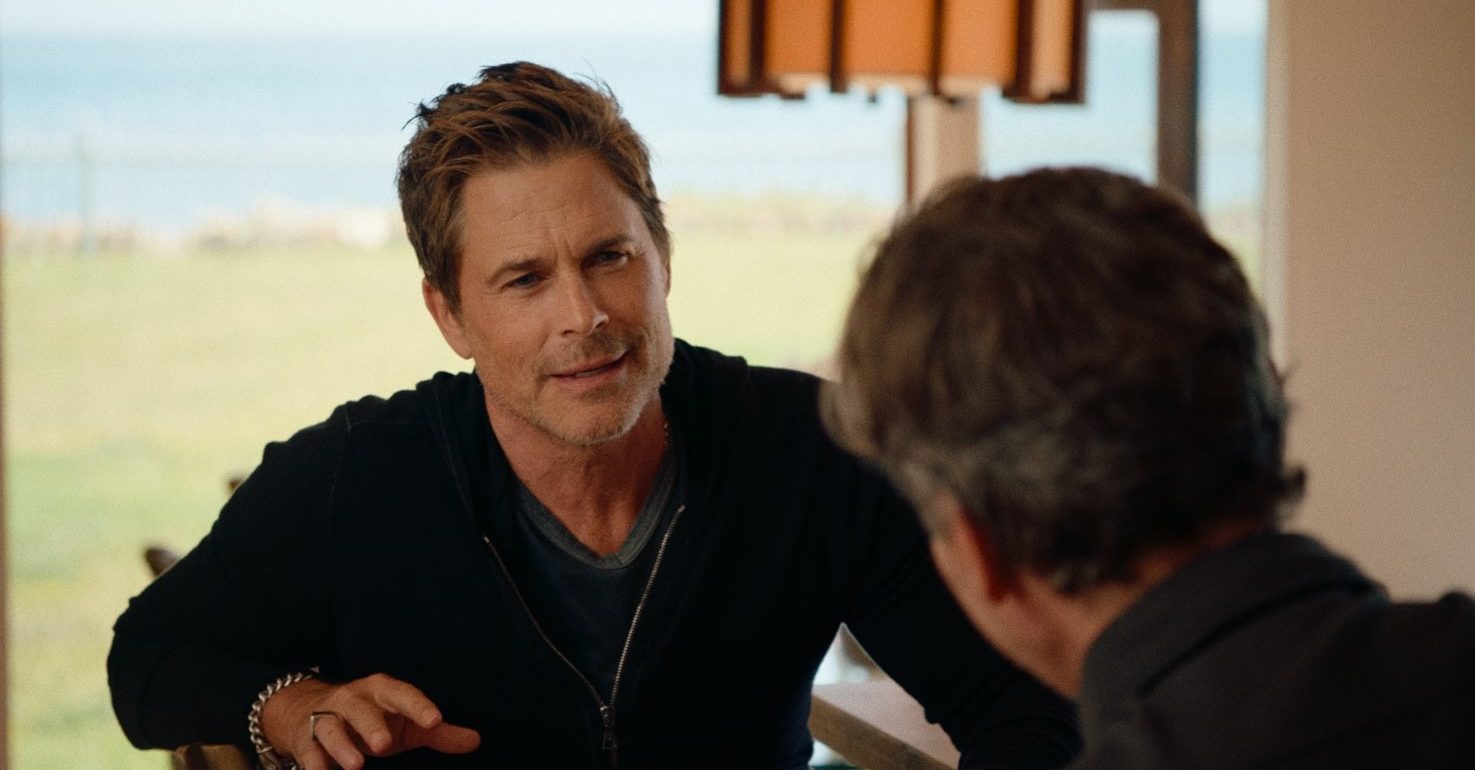 Rob Lowe and Andrew McCarthy. Copyright Disney+ / ABC
Rob Lowe and Andrew McCarthy. Copyright Disney+ / ABCAlso appearing in the movie to offer his thoughts on the Brat Pack is author Bret Easton Ellis, whose cult debut novel Less Than Zero was adapted into a 1987 movie starring McCarthy in the lead role. Although at the time the movie wasn’t a hit and took huge critical flak from deviating from the gritty punk nihilism of the book, over time it has attracted a cult following thanks to several irresistible elements.
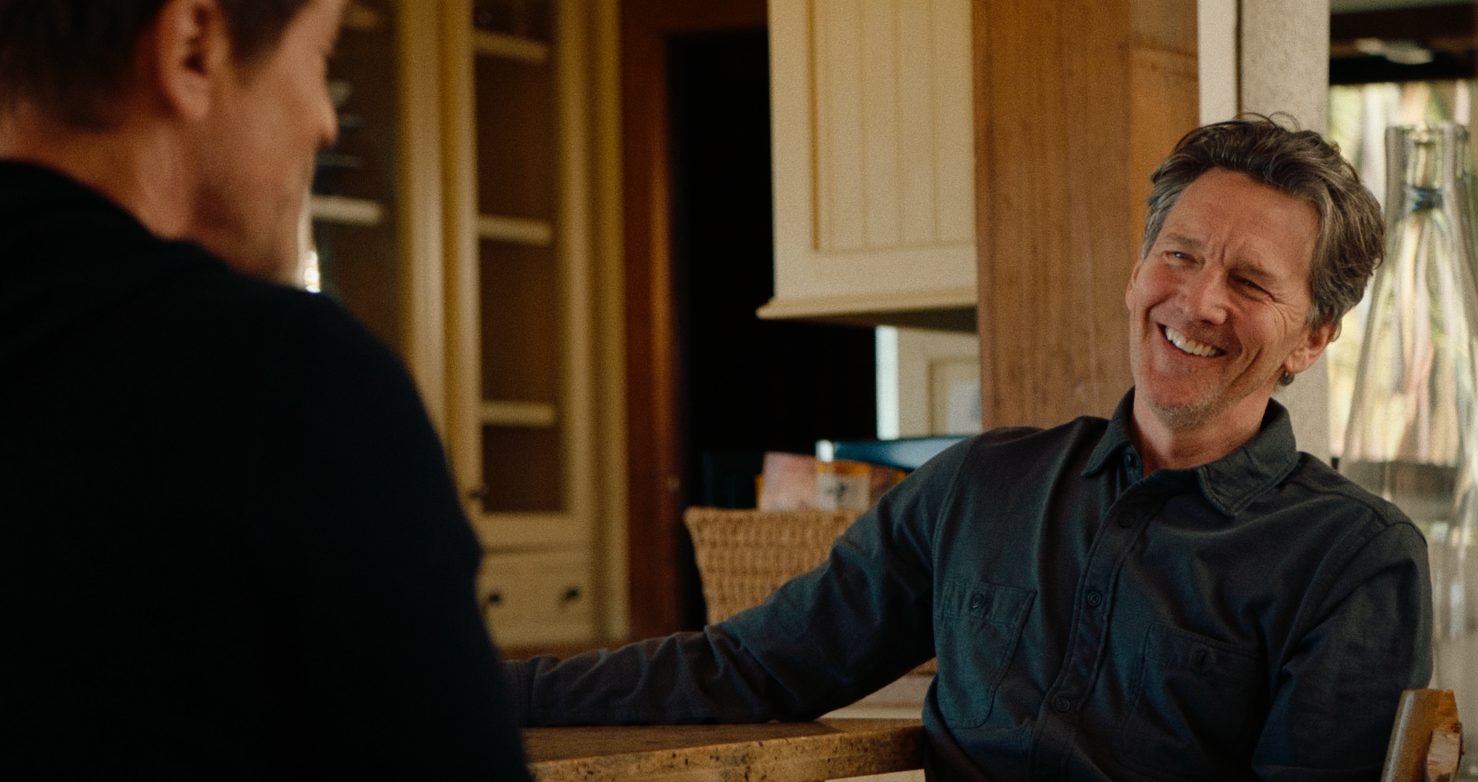 Andrew McCarthy and Rob Lowe. Copyright Disney+ / ABC
Andrew McCarthy and Rob Lowe. Copyright Disney+ / ABCThese include the cinematography and design; a brilliant soundtrack featuring everyone from Public Enemy to The Bangles; Thomas Newman’s bravura score; and a terrific cast which, as well as McCarthy, includes memorable turns from Robert Downey Jr. and James Spader.
“Well, it’s certainly beautifully photographed,” says Andrew. “Ed Lachman did a great job on that, and Bobby Downey gives a terrific performance, so there’s those two things going in its favour. I don’t think it particularly stands up. It’s certainly of a moment in time, and yet I don’t think there’s a word of the book in the movie. When we set out to do that, I signed on for one movie, and then when he went to shoot the movie, I was presented with an entirely different script by an entirely different writer!
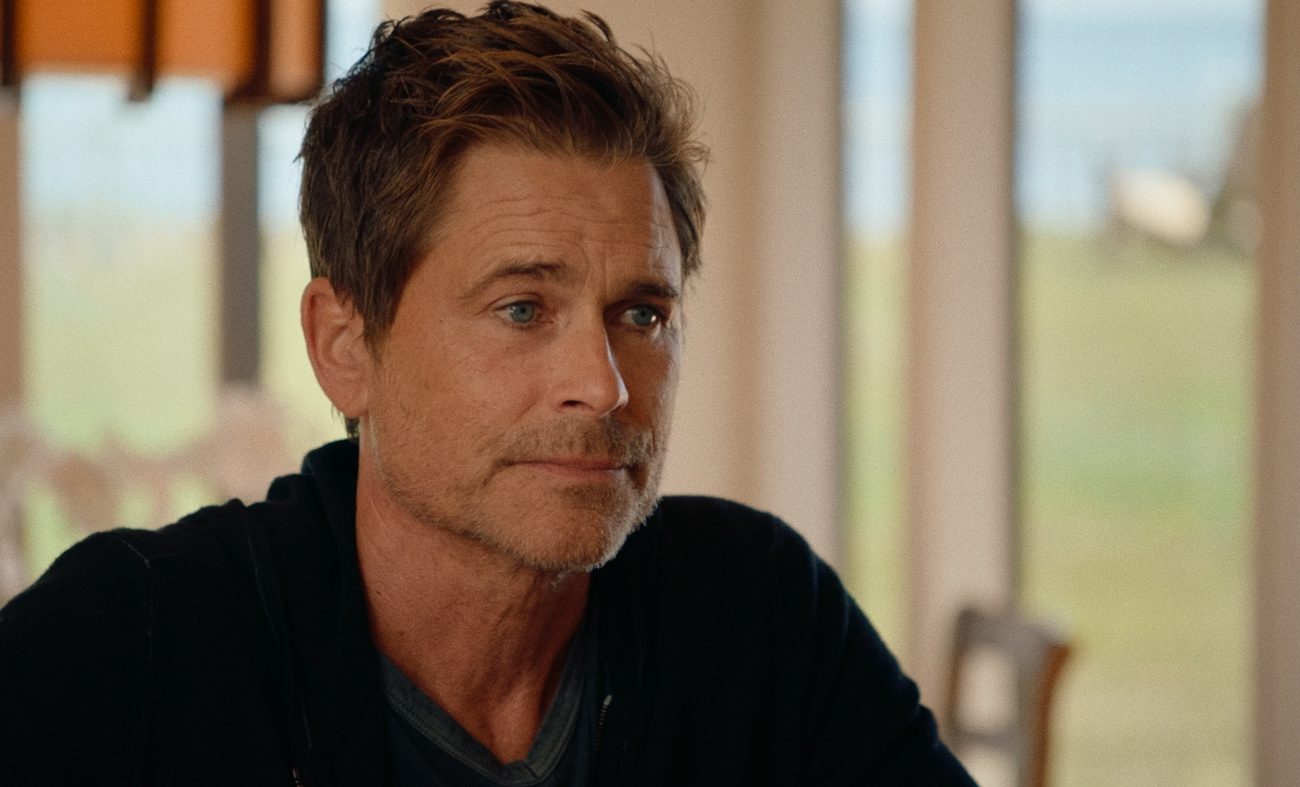 Rob Lowe in Brats. Copyright Disney+ / ABC
Rob Lowe in Brats. Copyright Disney+ / ABC“So we then shot that movie. There was originally a script by a playwright named Michael Cristofer which was much closer to the book. Then we shot a script by guy named Harley Peyton that had nothing to do with the book. You wouldn’t remember this, but in post-production, Nancy Reagan had just come out with her ‘Just Say No To Drugs’ campaign (laughs). Then the studio executives realised, ‘Wait a minute, this movie is about our kids.’ I mean, it was about the sub-culture of rich Beverly Hills kids. And what are rich Beverly Hills kids, but the kids of movie executives. They said, ‘Well, we can’t have our kids doing this!”
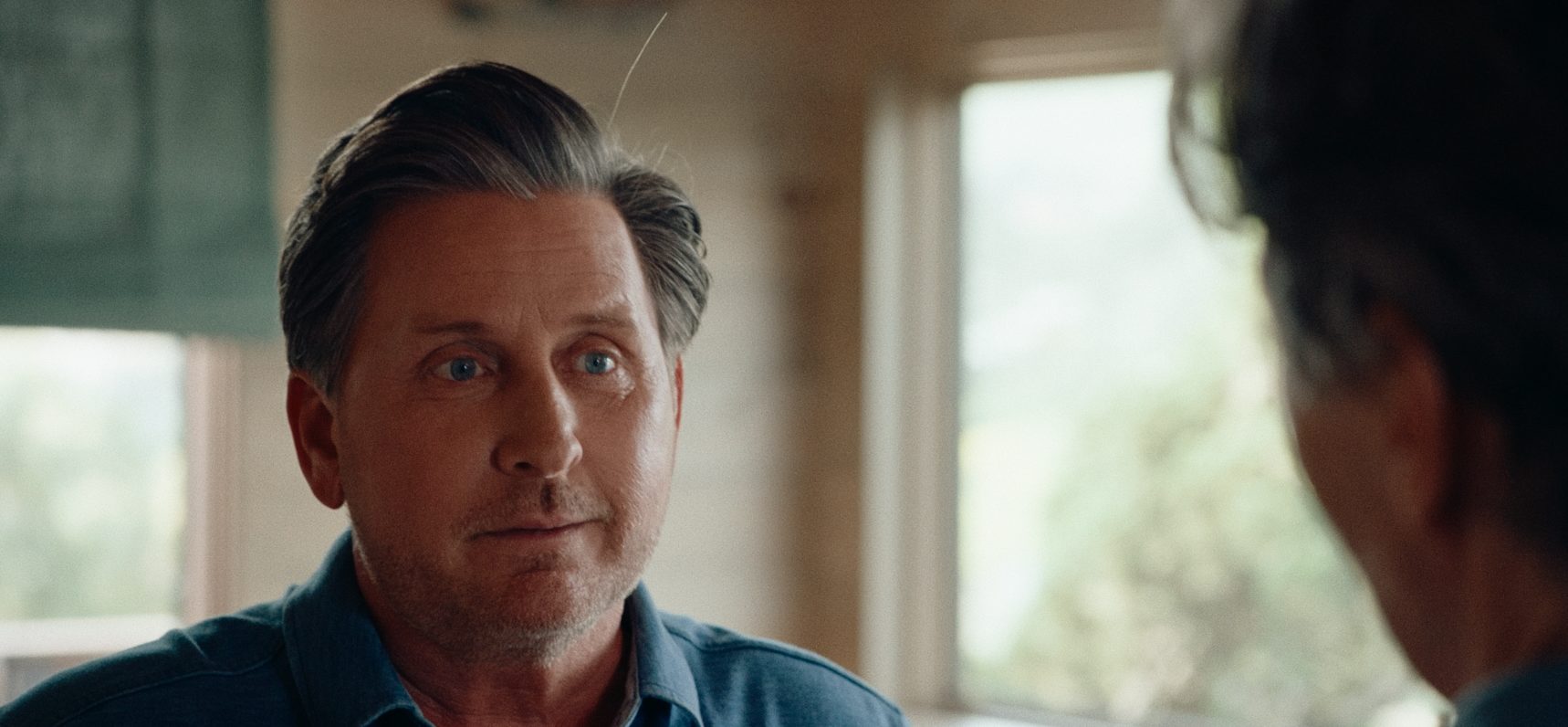 Emilio Estevez. Copyright Disney+ / ABC
Emilio Estevez. Copyright Disney+ / ABCMcCarthy reflects further on the unusual experience.
“The movie was a directed by Marek Kanievska, who’s an Englishman,” he says. “He a foreigner to this culture, so he was just observing it without any kind of judgment, and the movie was very scathing. So when Nancy Reagan goes ‘Just Say No’, suddenly there are scenes we have to reshoot of people flushing cocaine down toilets, emphasising that drugs are bad and all that kind of stuff. Of course, drugs are bad, and I have had people come up to me and go, ‘That movie kept me off drugs for life!’ I’ve had a lot of people come up to me and say that.
“So I see all bad in the movie when I see it. It’s quite watered down from what it might have been.”
Still, like a lot people, over time, I’ve come to see see Less Than Zero as a unique artefact of ’80s Hollywood, which gives it a certain power.
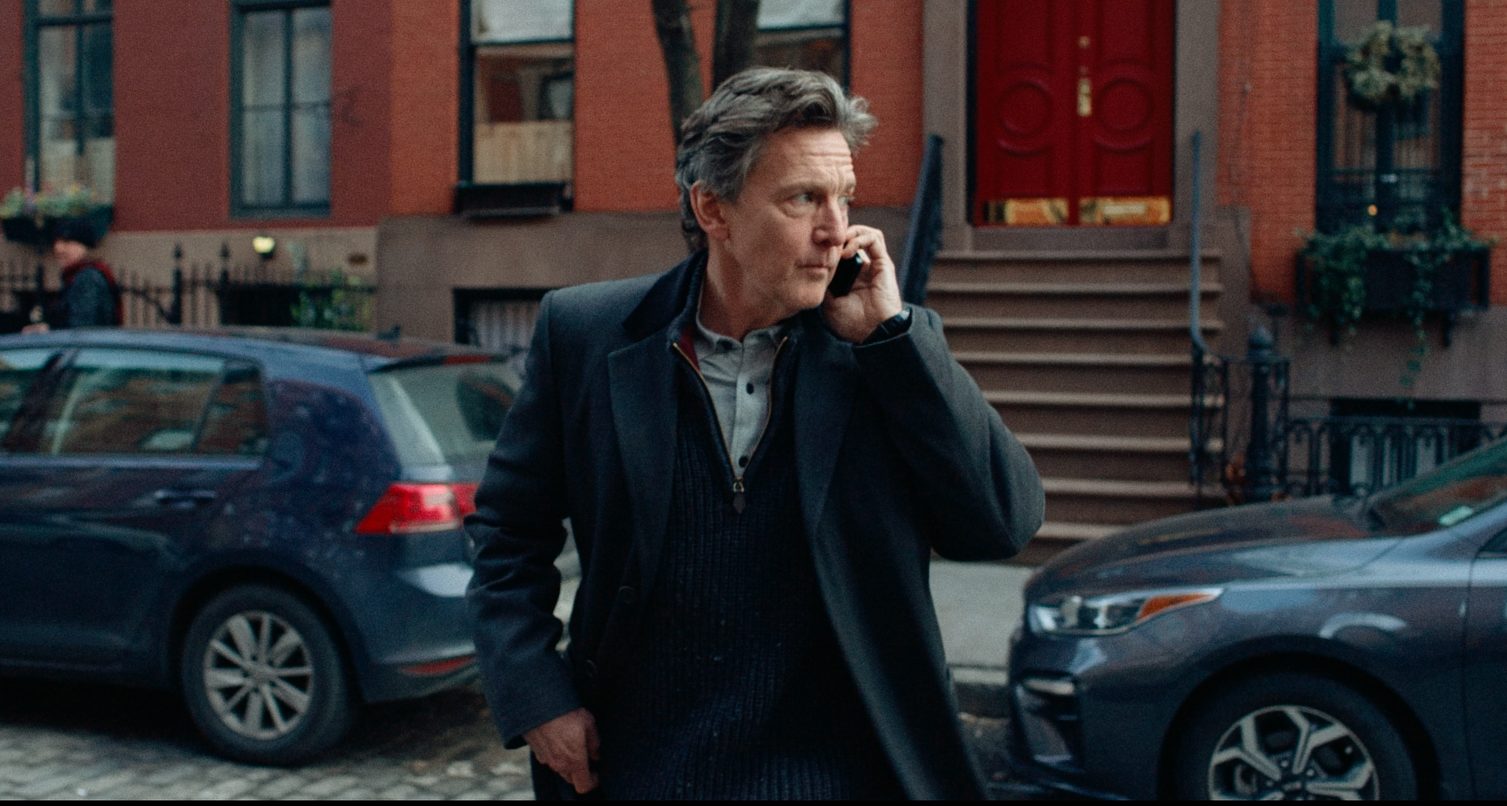 Andrew McCarthy. Copyright Disney+ / ABC
Andrew McCarthy. Copyright Disney+ / ABC“I agree with that,” nods Andrew. “As an artefact of the time, it has value, for sure. At the time, Bret hated the movie and thought it was ridiculous. And now he’s grown to have this odd affection for it.”
Finally as someone with Cork roots who married an Irishwoman, Andrew is very familiar with the auld sod and continues to spend a lot of time here.
“We have a home in Dublin there,” he says. “We come over all the time and my daughter is in school there right now. We’re over too many times – I was over two weeks ago and we’ll be over again in another two weeks. We spend too much time on Aer Lingus!”
Brats is available to stream now on Disney+
RELATED

- Film And TV
- 07 Jul 25
WATCH: Filmmakers share new teaser clip for Spinal Tap II

- Film And TV
- 20 Dec 25
FILM OF THE WEEK: Avatar: Fire and Ash
RELATED

- Film And TV
- 19 Dec 25
Teaser trailer released for James Stewart biopic filmed in West Cork

- Film And TV
- 18 Dec 25
Final trailer released for Anaconda

- Film And TV
- 18 Dec 25
RTÉ to celebrate 100 years of broadcasting in 2026

- Film And TV
- 18 Dec 25




